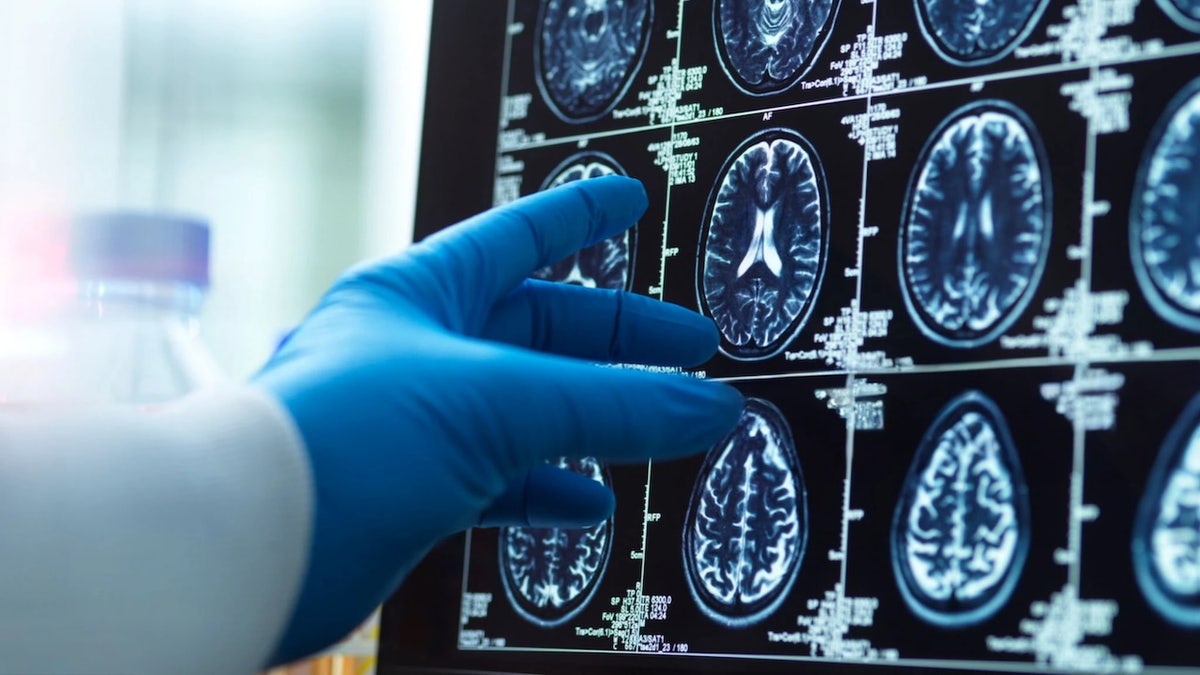New vitamin compound shows promise for reversing Alzheimer’s damage to the brain

NEWYou can now listen to Fox News articles!
An enhanced version of vitamin K could help reverse brain damage from Alzheimer’s disease, a study has found.
Alzheimer’s and many other neurodegenerative diseases are marked by a loss of brain neurons. While most medications treat only the symptoms, researchers from the Department of Bioscience and Engineering at Shibaura Institute of Technology in Japan set out to determine whether a new approach could replace the lost cells.
Vitamin K is an essential nutrient that aids with blood clotting, bone health and other important functions in the body, according to the National Institutes of Health.
SIMPLE DIET CHANGE MAY SUPPORT GUT HEALING FOR CANCER SURVIVORS, RESEARCHERS SAY
While it has been shown to support brain protection and neuron creation, the natural forms of vitamin K — including menaquinone-4 (MK-4) — might not be powerful enough to effectively treat neurodegenerative diseases, experts say.
To boost its potency, researchers from the Department of Bioscience and Engineering at Shibaura Institute of Technology in Japan developed new, stronger forms of the vitamin.
They did this by creating 12 new versions of vitamin K and combining it with retinoic acid, an active metabolite of vitamin A that helps brain cells grow and develop.
In lab tests, the new lab-made versions of vitamin K were about three times more effective than natural vitamin K at helping immature brain cells develop into neurons, according to study co-lead Associate Professor Yoshihisa Hirota.

The new vitamin K compound was also shown to successfully cross the blood-brain barrier in animal tests.
Another important benefit, the researchers noted, is that the new molecules retained the same benefits of vitamin K and vitamin A while showing stronger brain-cell activity.
CLICK HERE TO SIGN UP FOR OUR HEALTH NEWSLETTER
The findings were published in the journal ACS Chemical Neuroscience.

“Since neuronal loss is a hallmark of neurodegenerative diseases such as Alzheimer’s disease, these analogues may serve as regenerative agents that help replenish lost neurons and restore brain function,” Hirota said in a press release.
TEST YOURSELF WITH OUR LATEST LIFESTYLE QUIZ
Looking ahead, the research team plans to test the new compounds in animal and human studies, in hopes that this could lead to a new approach for slowing or repairing brain degeneration for patients with neurodegenerative diseases.
CLICK HERE FOR MORE HEALTH STORIES
“A vitamin K-derived drug that slows the progression of Alzheimer’s disease or improves its symptoms could not only improve the quality of life for patients and their families, but also significantly reduce the growing societal burden of healthcare expenditures and long-term caregiving,” Hirota added.
Read the full article here









